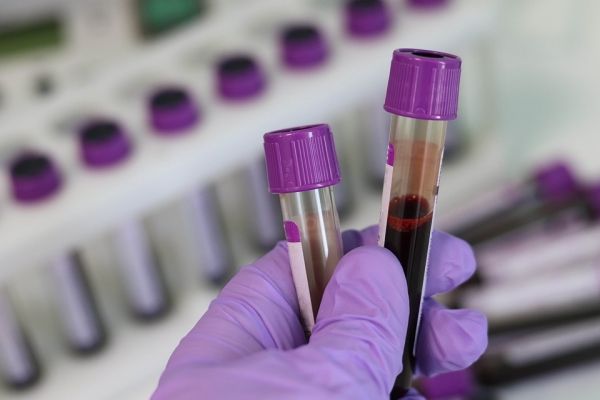An artificial intelligence tool that analyzed 28 physical and molecular measures—all but one taken from blood samples—confirmed with 77 percent accuracy a diagnosis of post-traumatic stress disorder (PTSD) in male combat veterans, according to a new study.
Led by NYU School of Medicine, the Harvard John A. Paulson School of Engineering and Applied Sciences, and the U.S. Army Medical Research and Development Command, the study describes for the first time a blood-based biomarker panel for diagnosing warzone-related PTSD. Published online September 9 in the journal Molecular Psychiatry, the measures included genomic, metabolic, and protein biomarkers.
“While work remains to further validate our panel, it holds tremendous promise as the first blood test that can screen for PTSD with a level of accuracy useful in the clinical setting,” says senior study author Charles R. Marmar, MD, the Lucius N. Littauer Professor and chair of the Department of Psychiatry at NYU School of Medicine. “If we are successful, this test would be one of the first of its kind—an objective blood test for a major psychiatric disorder.”
There are currently no U.S. Food and Drug Administration-approved blood tests, for instance, for depression or bipolar disorder, says Dr. Marmar. The new study embodies a longstanding goal in the field of psychiatry: to shift mental health toward standards like those used in cardiology or cancer, for instance, in which lab tests enable accurate diagnoses based on physical measures (biomarkers) instead of on self-reporting or interviews with inherent biases.
Read more at NYU Langone Health / NYU School of Medicine
Photo credit: Belova59 via Pixabay


